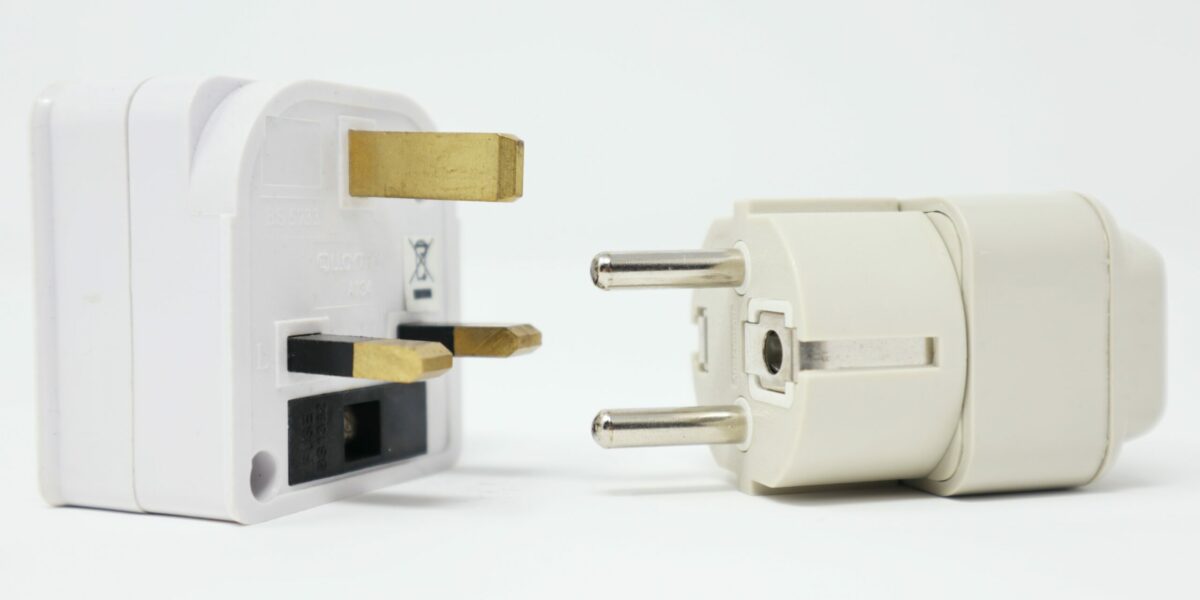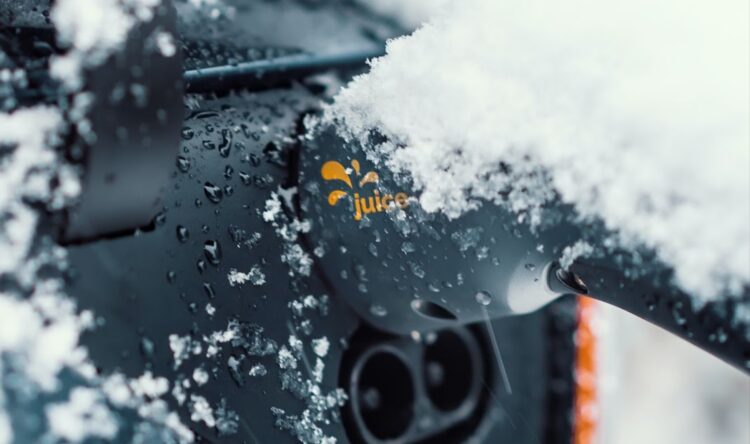Plugging in to change
New car sales up and powered by EVs
New car registrations rose 24.4% in August from a year earlier.
Demand for battery electric vehicles (BEV) remains the headline taker, hitting a record for the month.
While sales are up, private sales actually dropped, reflecting the squeeze on household incomes.
Numbers up
The Society of Motor Manufacturers and Traders (SMMT) said 85,657 new vehicles were registered in “typically a quieter month”, powered by an increase in registrations by large fleets.
The demand for electrified vehicles continued to grow, accounting for almost four in 10 new cars. Battery electric cars took the highest monthly market share so far this year, comprising 20.1% of new cars reaching the roads.
“Whilst August is traditionally a quiet for motor retail in the run up to September’s plate change, dealers are reporting a positive month for trading. New car sales continue to steadily increase year-on-year, driven by the electrification of the UK car parc.” said Sue Robinson, Chief Executive of the National Franchised Dealers Association (NFDA).
Below the headlines
However, while the increasing sales represent a positive direction, there are still many problems bubbling under the headlines.
The UK government has proposed a zero-emission vehicle target, under which 22% of a manufacturer’s car sales must comprise of BEVs, starting next year.
“With a new Zero Emission Vehicle Mandate due to come into force in less than 120 days, manufacturers still await the details. Businesses cannot plan on the basis of consultations, they need certainty,” said SMMT Chief Executive Mike Hawes.
SMMT further said that though the automotive sector is committed to Net Zero, “the diminishing time threatens the ability of the market to move.”
Difficult forecasting
While business registrations rose 39.4% in August, private demand for cars softened 8.1% as compared to year earlier.
What’s more, August car sales remained 7.5% below pre-pandemic levels.
John Wilmot, CEO, car leasing comparison website LeaseLoco, is yet to be convinced that we are seeing ongoing stable improvements in car sales.
“Although a 13th consecutive month of growth in new car registrations is grounds for cautious optimism, sales are still well adrift of pre-pandemic levels,” says Wilmot.
“Also, individual purchases in August were actually down compared to a year ago. It was company registrations rather than private registrations that powered growth last month.
“This is likely to continue to be the case in the second half of the year, as peoples’ finances are squeezed by inflationary pressures, high interest rates and the general cost of living.
“Electric vehicle registrations remain on a steady upwards path with market share rising above 20% in August, but still well below the 33% level seen at the tail end of last year.
“A fifth of all registrations are now BEVs according to the latest SMMT figures, but this still feels too low with less than seven years before the new petrol and diesel vehicles ban comes into force.”
Plugging the gaps
Price and charging infrastructure remain a thorn in the government’s side. The demand is there to switch to electric, but the high price of many EVs and concerns over the coverage and reliability of the charging network remain barriers to early switching.
The clean air-zones being introduced nationally, while incentivising more eco froendly vehicles, is also proving controversial in the current economic climate.
Sue Robinson is confident that the controversies are not impacting the switch too heavily.
“The top of the news agenda for the past month has been ULEZ, NFDA’s members have begun to see the impact of the legislation,” says Robinson. “With increasing enquiries, there is growing interest about switching to electric from a non-ULEZ compliant car. Feedback from members is that footfall is steady, particularly in these zones, with prospective EV consumers keen to speak to their local retailers, who act as vital information hubs for their communities.”
However, the need for more, faster and nationwide charging infrastructure is still concerning many.
“The priority now is for the Government to provide clarity on the ZEV mandate,” says Jon Lawes, Managing Director at Novuna Vehicle Solutions. This is essential “to avoid stalling investment”, and to “mitigate against potential supply issues if manufacturers impose caps on non EVs into the UK”.
The wider economy, consumers and the industry, are grappling with continued uncertainty.
“There is real support for the mandate across the industry, however the challenge is in the detail and with 2024 just around the corner, timing is everything.”
Charging up
Mark Oakley, Director of AACars, still feels confident that tings are moving in right direction. This is evident not just in new car sales, but an increasingly buoyant used car market in EVs.
“Since January, UK production of hybrids and EVs has almost doubled compared to the same period last year. With more new models making their way onto forecourts, we are also seeing more nearly-new EVs entering the used car market.
“While EVs have traditionally been seen as a costly investment, prices for used models on the AA Cars site have been falling, which may prompt greater take-up in the coming months.”







